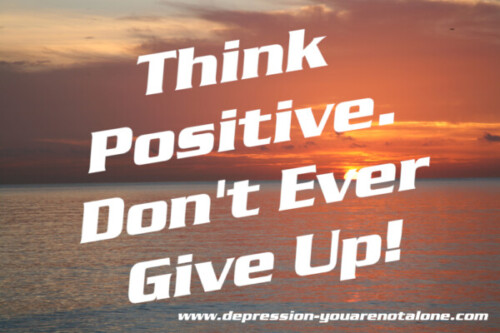Overview of Anxiety Treatments: From Conventional Approaches to Holistic Therapies
Editorial Team
Anxiety is a common mental health disorder that can significantly impact an individual’s quality of life. Fortunately, a range of treatments are available to address anxiety symptoms, ranging from conventional medical approaches to holistic therapies that consider the whole person – mind, body, and spirit. This comprehensive overview delves into the various treatment options for anxiety, highlighting both evidence-based conventional methods and holistic approaches that focus on promoting overall well-being.
Conventional Approaches:
- Psychotherapy:
- Cognitive Behavioral Therapy (CBT): CBT is a widely recognized therapy for anxiety that helps individuals identify and modify negative thought patterns and behaviors.
- Exposure Therapy: This approach gradually exposes individuals to anxiety-triggering situations in a controlled environment, helping them build tolerance and reduce fear.
- Mindfulness-Based Therapies: Techniques like Mindfulness-Based Stress Reduction (MBSR) and Mindfulness-Based Cognitive Therapy (MBCT) teach individuals to be present in the moment, reducing excessive worry.
- Medications:
- Selective Serotonin Reuptake Inhibitors (SSRIs): Medications like fluoxetine and sertraline increase serotonin levels in the brain, alleviating anxiety symptoms.
- Benzodiazepines: These fast-acting drugs can provide short-term relief but carry a risk of dependence and should be used cautiously.
- Beta Blockers: Often used for performance anxiety, beta blockers can reduce physical symptoms like rapid heartbeat and trembling.
- Combination Therapies:
- Medication + Psychotherapy: Combining medication with therapy can provide a more comprehensive approach, targeting both physiological and psychological aspects of anxiety.
- Group Therapy: Joining a support group or therapy group with others facing similar challenges can provide a sense of belonging and understanding.
Holistic Approaches:
- Yoga and Meditation:
- Yoga: Regular practice of yoga combines physical postures, breath control, and meditation to promote relaxation and reduce stress.
- Meditation: Mindfulness meditation and loving-kindness meditation help individuals develop awareness, reduce rumination, and cultivate self-compassion.
- Acupuncture:
- Acupuncture involves inserting thin needles into specific points on the body. Some studies suggest it may help regulate the body’s stress response and promote a sense of calm.
- Herbal Remedies:
- Valerian Root: This herb is thought to have sedative effects and can aid in reducing mild anxiety.
- Lavender: Lavender oil or aromatherapy is believed to have relaxation-inducing properties.
- Diet and Lifestyle Changes:
- A balanced diet rich in nutrients, exercise, and adequate sleep contribute to overall well-being and can positively impact anxiety levels.
- Biofeedback and Neurofeedback:
- These techniques teach individuals to regulate physiological functions like heart rate and brainwave patterns, helping them gain control over stress responses.
Conclusion: Managing anxiety involves a multifaceted approach that considers the individual’s unique needs and preferences. Conventional treatments like psychotherapy and medications have a strong evidence base, while holistic approaches such as yoga, meditation, and herbal remedies offer alternative avenues for managing anxiety and promoting overall wellness. Ultimately, a combination of treatments tailored to the individual’s situation can lead to effective anxiety management and improved quality of life. It’s essential to consult with qualified healthcare professionals before starting any treatment regimen.
Nothing herein is intended to diagnose, treat or cure any disease. Please do your research and seek professional advice before using any information

